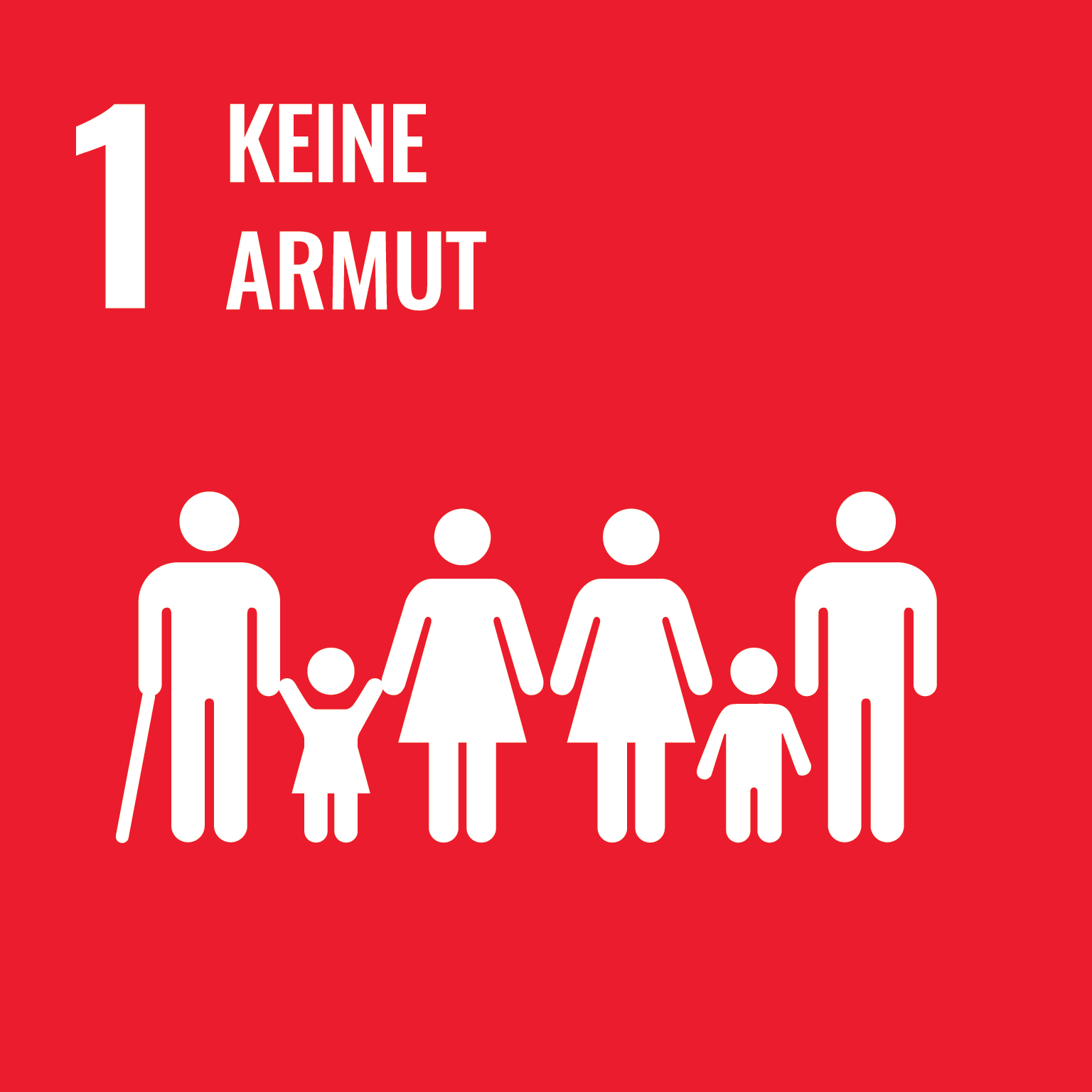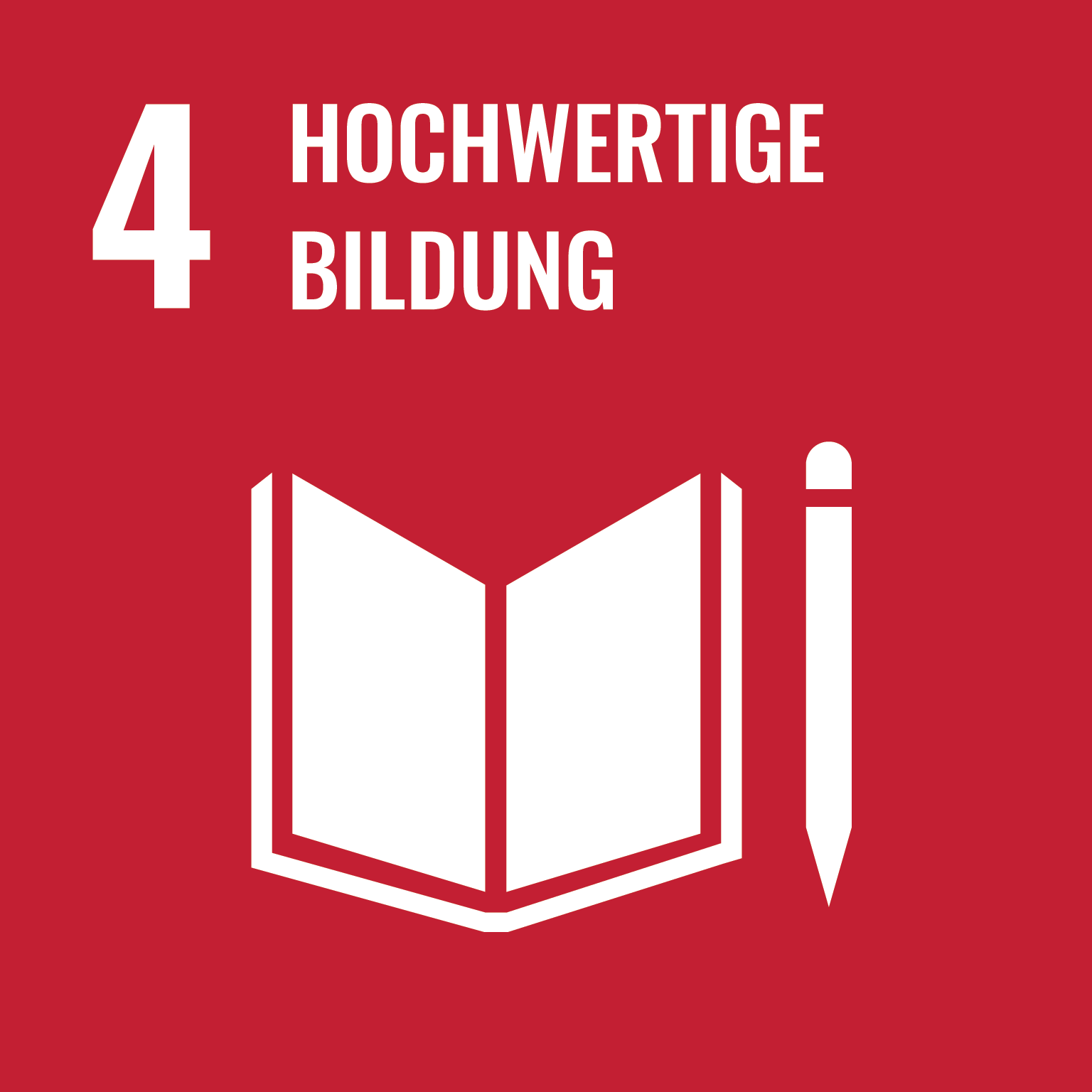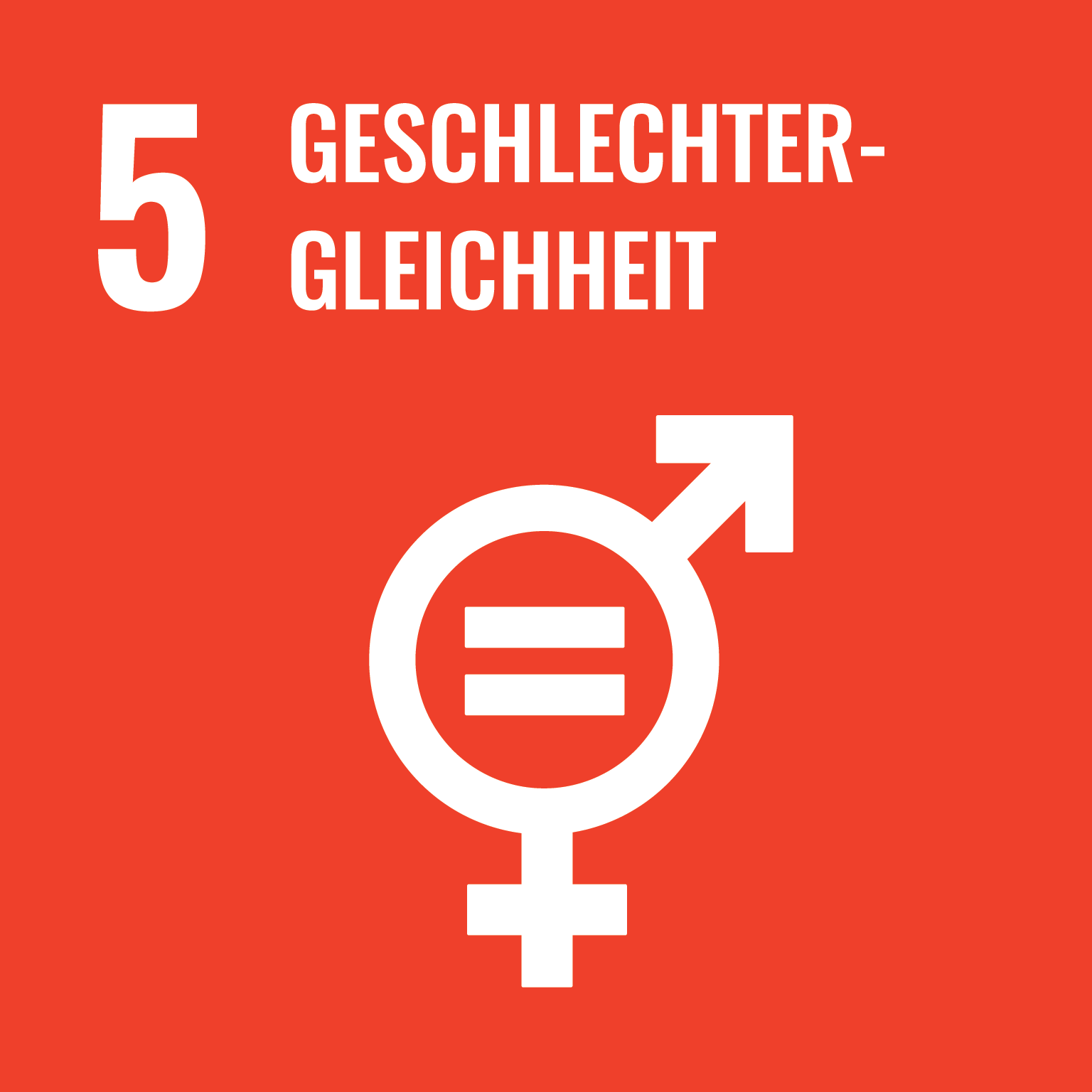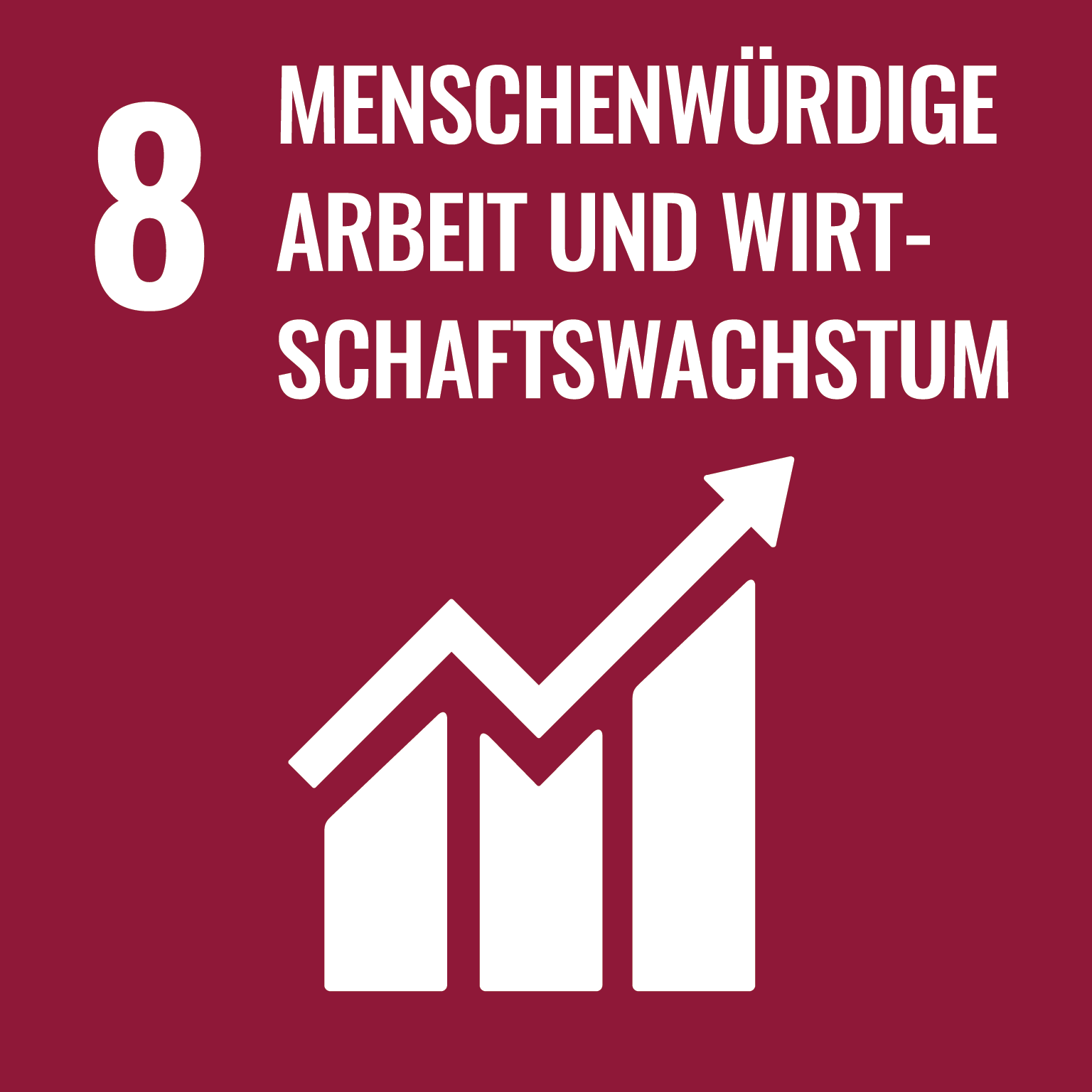SDG Law Tracker - Which laws does the German government implement?
Inequality Reduce inequality within and between countries
Our proposals
Does the government plan to implement them?
What is the status?
-
The General Law on Nondiscrimination (AGG) is central for the implementation of four European anti-discrimination directives adopted in 2000. With the law entering into force in 2006, the German legal system for the first time in history comprehensively provided protection against discrimination by private actors (e.g. employers, landlords, providers of goods and services) for racist reasons or because of ethnic origin, sex, religion or ideology, a disability, age or sexual identity. Since its last revision in 2012, many associations have been advocating for an amendment to the law. This includes reforms to correctly implement the EU Equal Treatment Directive, more precise wording and clarification of the current legal situation as well as ensuring effective legal protection against discrimination. In particular, anti-discrimination associations have to be granted a genuine right to class action suits as well as the possibility to assert claims of affected persons by way of litigation. Wordings such as in § 2 para. 4 AGG, which exempts dismissals from the AGG, have to be deleted. Neither does the exception provision for churches and religious communities, as dealt with in § 9 AGG, correspond to the regulations. Certain areas of state activities, such as the school system or the police and administration, are not affected by the AGG since they fall under the jurisdiction of the Federal States. In order to bridge this regulation gap, the States ought to adopt State anti-discrimination laws of their own, e.g. following the example of the City State of Berlin. In order to ensure that the German Anti-Discrimination Agency can work effectively, it also ought to be independent from the Ministry.
For further reading and discussion:
https://www.bug-ev.org/fileadmin/user_upload/AGG_Novellierung.pdf
https://www.antidiskriminierungsstelle.de/DE/ThemenUndForschung/Recht_und_gesetz/DasGesetz/dasGesetz_node.html
https://www.antidiskriminierungsstelle.de/SharedDocs/Downloads/DE/publikationen/AGG/agg_evaluation.html
≈
-
On 27.04.2022, the Committee for Family Affairs, Senior Citizens, Women and Youth approved an amendment to the General Equal Treatment Act. In the future, the head of the Anti-Discrimination Agency will be elected by the Bundestag for a term of five years and will be given the status of an Independent Federal Commissioner for Anti-Discrimination. Since July 2022, Ferda Ataman has been the first Independent Federal Anti-Discrimination Commissioner and head of the Federal Anti-Discrimination Agency. This implements an agreement from the coalition agreement to strengthen the independence of the Anti-Discrimination Agency and to decouple it from government majorities.
-
The municipalities (cities and communities) have a dual position in the federally organised Republic of Germany: on the one hand, they have a right of municipal self-determination and, on the other hand, they are part of the administrative structure of the States. Voluntary reception of refugees by municipalities, which would go beyond distribution according to national quota, could be performed via both these roles. Drawing up a new law allowing municipalities to independently receive refugees would directly strengthen the municipalities’ right to self-determination. This could boost the protection of refugees while simultaneously enhancing the country’s democratic and federal structure. The German constitution does not contain any exclusive powers of the national government regarding the reception of persons seeking protection.
For further reading and discussion:
https://fluechtlingsrat-berlin.de/wp-content/uploads/heuser_aufnahme.pdf
-
-
The German constitution generally rules out non-citizens from taking part in elections, both at national, State and local government level. An exception is only made for EU citizens. This especially affects immigrant groups. Only six of 335 Lord or Lady Mayors in Germany have a migrant background. This is less than two per cent - and not one of them is a woman. Fair participation requires comprehensive inclusion of non-citizens and people with a migrant background in parties and structures. A general right for non-citizens to vote in municipal elections which is not restricted to the European Union is therefore necessary.
For further reading and discussion:
https://www.der-paritaetische.de/schwerpunkt/migration/forum-der-migrantinnen-und-migranten/wahlpruefsteine-2017/kommunales-wahlrecht-fuer-nicht-eu-buerger-einfuehren/
-
-
In September 2019, the "Citizens' Council for Democracy", consisting of 160 people drawn from the population registers, presented 22 concrete demands to the then Bundestag President Schäuble. In it, the proposal to supplement parliamentary democracy with citizen participation and direct democratic voting. This could be achieved through a combination of citizens' councils and nationwide referendums. An independent office for citizen participation and direct democracy should be set up for this purpose.
For further reading and discussion:
https://www.buergerrat.de/aktuelles/umfrage-bestaetigt-mehr-beteiligung-und-direkte-demokratie-helfen-gegen-politikverdrossenheit/
✓
-
The high level of social inequality is among other things due to the declining progressivity of the German tax system. For decades, assets and top incomes have enjoyed an increasingly favourable treatment. This ought to be countered through a reintroduction of a tax on assets and a reform of the inheritance and gift tax. Generous allowances and progressive tax rates ought to ensure that tax on assets exclusively affects major assets – and e.g. leaves people’s homes of their own untouched. The inheritance tax was already revised in 2016, although without addressing the far too generous exceptions for business assets. These exceptions, therefore, have to be abolished, and a lifelong inheritance allowance has to be introduced which is not renewed every ten years. In addition, should the debt brake once again apply, enough tax revenue could be generated via a levy on assets for the richest one per cent of the population to enable the state to repay debts without cuts in social spending. Finally, income tax should also be adjusted. In combination with higher personal exemption levels for all income taxpayers, higher top income tax rates can raise progressivity and relieve small incomes. Via such a tax reform, German politicians can effectively and swiftly reduce income and wealth inequality which is central for equal participation and opportunities.
For further reading and discussion:
https://www.netzwerk-steuergerechtigkeit.de/wp-content/uploads/2020/12/NSG_InfoSteuergerechtigkeit-Nr19_WEB.pdf
-
-
The government has the duty to protect and promote democracy. In accordance with the German subsidiarity principle, the government largely entrusts civil society organisations with promoting democracy and preventing extremism. For years, political and civil society actors have been pointing to structural problems in the funding structures of public programmes. Often, civil society organisations and programmes cannot plan or work long-term as there is a lack of institutional support and successful projects have to constantly reorient or suspend their activities. This regularly leads to a loss of expertise, which then has to be developed anew. In recent years, the German Court of Audit has repeatedly warned that it is not possible to provide consistent funding on the current legal basis. Thus, first and foremost, the German government itself is called upon to take sustainable and strategic measures to prevent extremism and promote democracy, to combat anti-Semitism and racism, and to empower those affected and minorities.This fulfils key characteristics of public welfare, for which, in accordance with Article 74 para. 1 no. 7 of the German constitution, the German government bears legislative powers. A Democracy Promotion Law provides the legal basis for long-term civil society engagement and provides the opportunity to derive and consolidate a sound, long-term and regionally adapted strategy from past experience and the evaluation of previous projects. Civil society actors have to be systematically included in developing the details of a Democracy Promotion Law and in designing and evaluating programmes. Funding for extremism prevention and democracy projects has to be secured with a budget of its own. Although the Democracy Promotion Law was referred to as a key measure in the previous government’s plan to combat right-wing extremism, it ultimately failed to reach an agreement on a corresponding law in June 2021. In early 2022, the German Ministry for Family Affairs, Senior Citizens, Women and Youth (BMFSFJ) launched a participation process for civil society to draft a Democracy Promotion Law, thus putting the topic back on the agenda.
For further reading and discussion:
https://www.amadeu-antonio-stiftung.de/stellungnahme-zum-vorhaben-eines-demokratiefoerdergesetzes-63699/
✓
-
With the Democracy Promotion Act, the German government aims to promote and strengthen measures to promote democracy, shape diversity, prevent extremism and provide political education. This emerges from the draft of a "Law to strengthen measures to promote democracy, diversity, prevent extremism and political education" (20/5823). The core of the draft is the anchoring of a "legal mandate of the federal government to promote and strengthen social cohesion and civil society engagement throughout the federal territory in the area of democracy promotion." In justification, the federal government cites observations that conspiracy ideologies, disinformation and science denial, as well as the radicalization of individual groups, are on the rise.
https://www.bundestag.de/presse/hib/kurzmeldungen-937042
More details
-
With the income splitting for married couples (“Ehegattensplitting”) the German government creates incentives for married women to stay out of the labour market or to only work to a small extent as long as they are married. This is due to the fact that tax benefits arise if spouses combine their income and pay equal taxes. Thus tax benefits arise if one partner earns significantly more than the other. Since, on average, men earn more than women, the latter tend to take up minor employment or to be completely absent from the labour market. In turn, this has a negative impact in the case of a divorce and on pensions. Furthermore, single or unmarried parents enjoy significantly lower tax reliefs than married couples with or without children. In Austria, the United Kingdom, Sweden, the Netherlands and Spain, income splitting for married couples has been abolished in favour of an individual tax, while France and Portugal have introduced family tax benefits.
For further reading and discussion:
https://www.boeckler.de/de/boeckler-impuls-ehegattensplitting-verletzt-gleichheitsgebot-9482.htm
-
-
In the traditional electoral system, voters have one vote, which they can give to the party of their choice. Parties have the right to appoint candidates and present them in a certain order which voters cannot influence. The order which the party has determined for its list of candidates determines who will enter parliament after the elections. However, in local elections in most German States, voters have several votes and can split them among various parties or support certain candidates by giving them several votes. Parties then still hold the right to decide who they want to nominate, but the voters can change the order in the list. This voting system, called cumulative voting and vote-splitting, is by no means a method which is exclusively suitable for local elections. In the Bavarian State parliament elections, citizens have the option to change the order of the list via a vote of preference. Among the European countries with a system of proportional representation, only Spain, Portugal and Germany have the system of rigid lists for their national parliaments. Not only can cumulative voting and vote-splitting result in the increased democratic influence of voters, but it can also give those candidates particular chances who are engaged in citizens’ action groups or are participating in local government bodies. A more diversified composition of parliaments can be achieved.
For further reading and discussion:https://www.mehr-demokratie.de/fileadmin/pdf/du25-kumulieren-panaschieren.pdf
https://www.gesetze-bayern.de/Content/Document/BayLWO
-
-
Non-viable debt is one of the biggest problems poorer countries worldwide are facing. So far, debt relief for countries with large budgetary deficits has not been dealt with according to an international set of regulations. Decisions are taken case by case, and usually according to the rules of the creditors, such as banks and funds, among the latter the International Monetary Fund (IMF). Negotiations are not subject to any independent body. In 2016, Belgium adopted an anti-vulture fund law which above all prevents vulture funds from using the legal system to skim off more money than they paid for the bonds on the capital market. This makes the business model unattractive. The United Kingdom has adopted a law limiting payments awarded by UK courts to the amounts the plaintiff creditor would have received if he had participated in multilateral debt restructuring. Similar legislation for Germany has already been discussed by the German parliament in 2016, but no agreement was reached. The European Parliament also called on the Member States in 2018 to adopt a directive similar to the Belgian law to combat vulture funds speculating with debt.
For further reading an discussion:
https://erlassjahr.de/news/debatte-um-anti-geier-gesetz-im-bundestag/
https://www.europarl.europa.eu/doceo/document/TA-8-2018-0104_DE.pdf?redirect
























